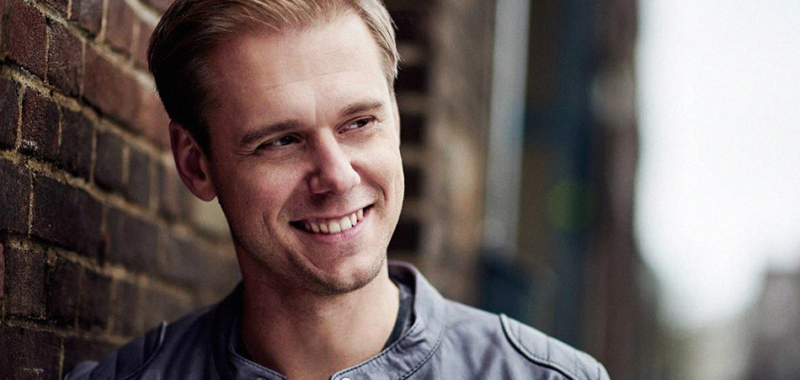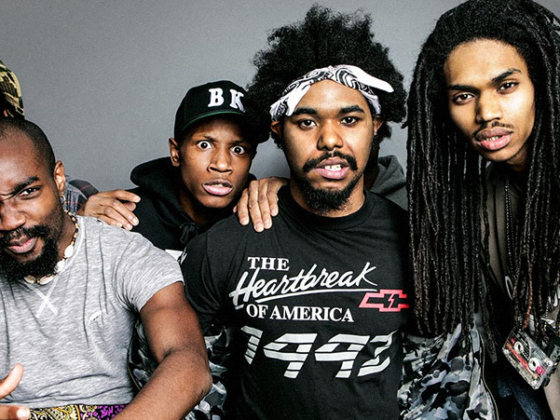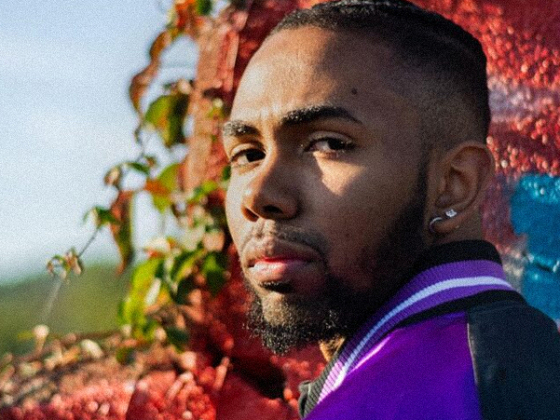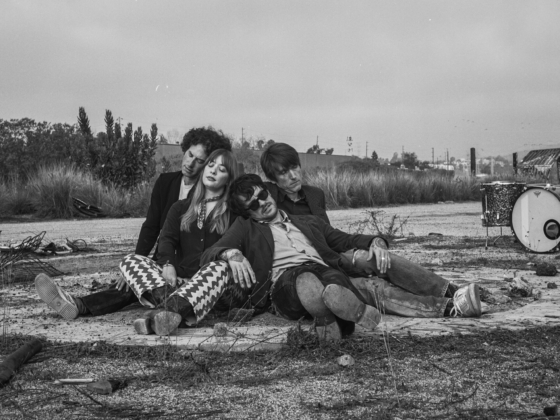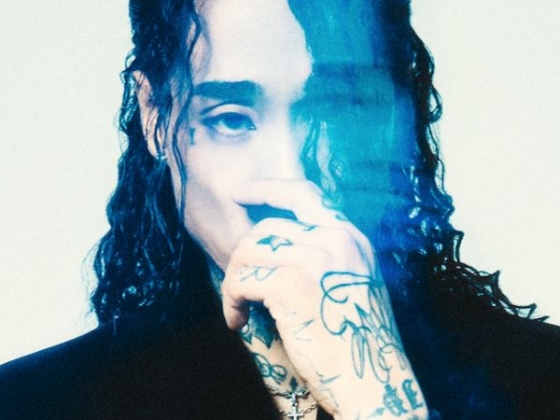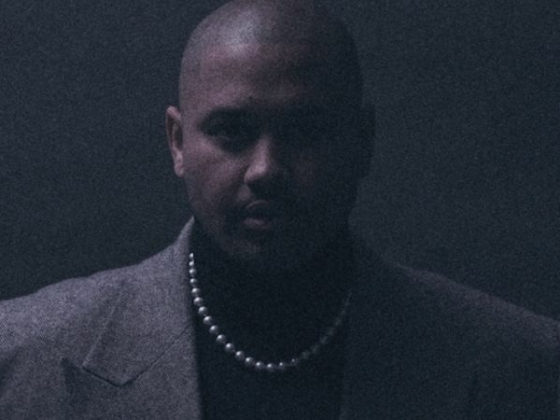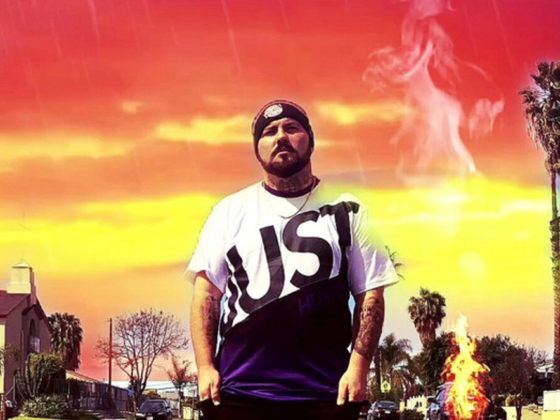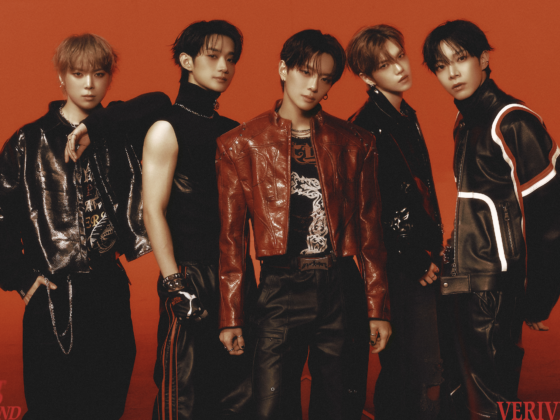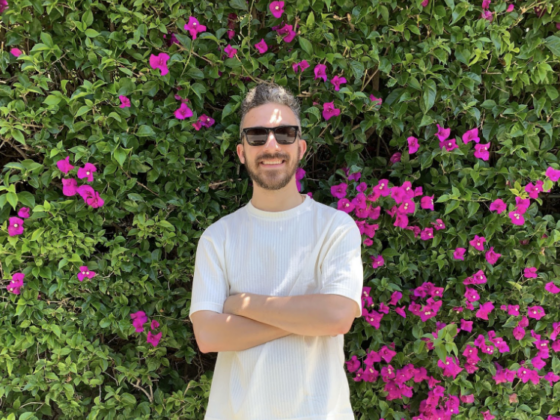Since his debut in 1999, Armin van Buuren quickly rose through the ranks of underground trance to become one of the biggest DJs in the world. Van Buuren's explosive creativity and polished production has made him one of the most inspiring musicians of his craft. He is, by all means, a Dj's DJ.
At his core, van Buuren is your true basement music nerd. His proficient mastery for utilizing modern production techniques and new technology has helped him sore to unfathomable levels of stardom. Still, he has never lost sight of what truly drives him; the music.
That may seem like a bit of an other-the-top accolade to bestow upon anyone, but in honesty, not many iconic headlining names in dance music still release albums like 'Mirage' where half of the projects contain radio-friendly major EDM bangers and the B-sides remain dedicated to instrumental trance experiments. Somehow, throughout his top 100 Billboard career, van Buuren has carved his name into a well respected residence within the unofficial Dance Music Hall of Fame without ever sacrificing his passion for inventiveness and creativity.
Van Buuren's weekly radio show 'A State of Trance', which began in 2001, broadcasts to nearly 40 million listeners in 84 countries on over 100 FM radio stations. It has easily become one of the most listened to and required listening stations in dance music. He has been ranked the number one DJ in the world by fans in the notorious DJ Mag Top 100 DJ numerous years in a row and his popularity has never fallen down since entering the main scene in 2001.
At the start of the new year, the Grammy-nominated Dutch DJ set out on a massive US tour promoting his seventh studio album Balance —with shows starting in DC and ends in Los Angeles and San Francisco this week. We jumped on a quick phone interview in the morning, which began with exchanging old Dutch cooking recipes before diving right into memories of the final golden years of vinyl DJ sets.
EARMILK: Do you ever miss bringing the ugly CD books around at all? Do you even still carry CD booklets with you anymore?
Armin van Buuren: Noooooo, I do not miss CD books. but vinyl, yeah, of course, I like vinyl. Back then, it was a time that was completely unthinkable for a DJ to have anything else but vinyl. You know it's kind of funny to think of it, at the time it was just so hard to imagine or explain bringing anything else when you walk into a club in the US, around like 2002, which wasn't even that long ago, just under 20 years ago. If you came with anything but vinyl, they would laugh at you, you know, it sounds ridiculous now but that's how it was. There was a time where we only thought of mixing through vinyl and it reminds me of the early days when I became a DJ too. But I guess the game was completely different back then, you know, the way we play music, the way we communicated with the fans, nobody made edits but the tracks we played, you know, it was what it was, vinyl was whatever it was, there was no editing that. The track was what it was. If the track was nine minutes, then you played it for nine minutes.
EM: Do you find it easier with modern equipment like CJDs, to provide an opportunity for quicker track changes in smaller sets?
AvB: Oh yeah. Yeah, absolutely. It's changed the way we experience music, you know, as a DJ we're almost not allowed to play tracks longer than two or three minutes on the main stage anymore.
EM: Wow. So you also came into the world of music with a law degree. Did that previous education help you at all with understanding a bit more of the business side of things and analyzing record contracts when your career was taking off?
AvB: Because I got to that point in my studies already, my only goal for music then, at the time, was just to have a track out there in the world and honestly money was the last thing on my mind. I just wanted to have my own track. Yeah, I didn't really pay attention so much to the deals or contracts which obviously is extremely important but, yeah, at the time, I just wanted to get my music out there, that's the only thing I cared about. And so the first couple of records I didn't even make any money on them. You know, I signed to a few dodgy labels and they never sent me any statements. But it wasn't a game of playback or click counts in the day, it was not, it was not a money thing. I was a student back then and I never thought I would make it as a DJ and or course internationally, I never thought that I would be successful. Why would anybody like Armin Van Buuren, you know. I used to go stores in my city and I went through all of crates and I thought if I had my name on the sticker, it would mean the biggest feeling ever to me. It would feel like you conquered the world because your vinyl, YOUR VINYL was up for sale.
EM: That's amazing. Do you still have a copy of those first prints?
AvB: My first physical release was actually on a compilation. It was a really tiny company from Holland and they signed one of my very first tracks, it was in mono. They had only eight samples but I remember I was on there as one of them. Then one day, I was in the local record store and they had like two or three copies of that album. Oh wow. I remember my mom and dad going there every Saturday, Sunday to play it or buy them. You know, mom and dad's are sometimes the best press and marketing.
EM: You have done such an inspiring job at passing along the knowledge you have acquired throughout your career. Either through interviews, podcasts, MasterClass videos, etc. But I want to ask about aspiring DJs that have already found a little bit of success, they're already getting club bookings, have a release with a label, a little momentum of popularity online. What advice would you tell them to then take their career to a higher level of success?
AvB: I guess it's all about knowing the industry is a small industry. At the end of the day, there are a couple of people that basically run the show. For example, there's an actual person who decides what plays on what Spotify playlists, you know, you just have to know who to target and become friends with or at least familiar with them. And, it's incredibly important that people are able to find you and your music. The game has changed drastically nowadays. It's really important to think of a social media strategy, as much as I hate to say it. Don't get lost caring too much about being the coolest underground techno DJ or looked at as an overly commercial media DJ, you just gotta have a plan in place in how you get your music out there. People have to be able to find you. Just by typing the first four letters of your name, they should be able to find your music.
EM: So when do you think an early level DJ should make the transition to then producing original tracks/EPs?
AvB: I get it, you know, your quickest way to the top is always getting your most relatable remixes out there. To cut a long story short, the quickest way to the top is making already famous songs even better. If you make like a mash-up or something, then that doesn't really help your own brand really. But if you really make a good original track, that's the quickest way to get noticed. That's what people will like, that's what they will love, and that's how you are gonna get on their radar.
EM: You've never been that recognizable DJ to roll up to a Hollywood party in a decked out Lamborghini with models or some private jet with a giant logo on it. I've always admired how that has never been your brand. Through all your success, how did you manage to never get distracted from all of the glitz and glamour of the lifestyle? There's a lot of talented producers and DJs out there who fall prey to it each day but how did you keep away from that?
AvB: I was able to because it's always been about the music for me. I've never been that much of a party animal myself before I started DJing and so afterward you would never really find me backstage partying my ass off. I was a law school student in the Netherlands and yeah I had a good time at clubs but for us, it was just an amazing time focusing on the actual dancing. And so, I guess, the focus has always remained getting real satisfaction from the music. As soon as I see that stage and I see the crowd go nuts and then it's all worth it, you know, that is all you should really want.
EM: You're setting out in this massive new tour, have you changed your approach to your performance at all or is there anything special that you have now added to your new sets?
AvB: We'll be touring with my own stage, within my own brand and we even shipped the whole thing out to the U.S. It's also my first branded bus tour which I'm super excited about. And, yeah, I guess at the end of the day, it's just really important to brand yourself, you know. It's so weird, like my first start as a DJ, it was just me showing up at a gig with a bag of vinyl and now it's so important for me to bring a team of seasoned professionals; a light guy, a media guy, etc. But even after all that production, the music still remains the main focus. That is the reason why I do what I do and if you can keep the focus on that, then, yeah, you can go a long way.
Armin van Buuren prepares to close out the final leg of his tour this Friday in Los Angeles at the Hollywood Palladium and then a closing show in San Francisco on Feb. 8 at the iconic Bill Graham Civic Center.
For tickets and more info, please visit: https://www.arminvanbuuren.com/
Connect with Armin van Buuren: Instagram | Facebook | Twitter

